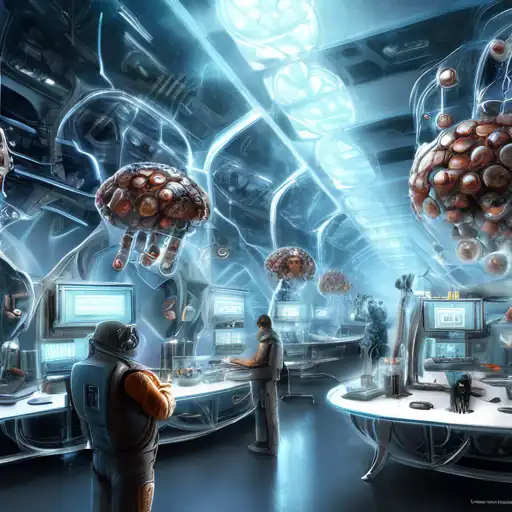Introduction to Nanotechnology
Nanotechnology, the science of the incredibly small, is making a monumental impact across various industries. By manipulating matter at the atomic and molecular level, scientists and engineers are creating materials and devices with remarkable properties and functions. This article explores the vast potential of nanotechnology and its current applications that are shaping the future.
The Science Behind Nanotechnology
At its core, nanotechnology involves the engineering of functional systems at the nanoscale, which is about 1 to 100 nanometers. To put this into perspective, a single nanometer is a billionth of a meter. This field combines principles from physics, chemistry, biology, and engineering to innovate at a scale that was once thought impossible.
Current Applications of Nanotechnology
Nanotechnology is already transforming industries in profound ways. Here are some of the most notable applications:
- Medicine: Targeted drug delivery systems that attack cancer cells without harming healthy tissue.
- Electronics: Smaller, faster, and more energy-efficient chips and devices.
- Energy: More efficient solar panels and batteries that could revolutionize renewable energy storage.
- Environmental: Nanomaterials that can clean up oil spills or purify water more effectively.
The Future of Nanotechnology
The potential of nanotechnology is boundless. Researchers are exploring ways to use nanotechnology for space exploration, creating self-healing materials, and even developing nanorobots that can perform surgeries from inside the body. The ethical implications and safety concerns are also part of the ongoing discussion, ensuring that nanotechnology develops in a way that benefits humanity.
Challenges and Considerations
Despite its promise, nanotechnology faces several challenges. These include the high cost of research and development, potential health and environmental risks, and the need for international regulatory standards. Addressing these issues is crucial for the sustainable advancement of nanotechnology.
Conclusion
Nanotechnology is a testament to human ingenuity, offering solutions to some of the world's most pressing problems. As we continue to explore its possibilities, it's clear that this small tech is indeed making a big impact. The future of nanotechnology is not just about the science of the small, but about the giant leaps we can make as a society.
